Protect the beauty of your skin with the power antioxidant vitamin C.
Vitamin C, the power antioxidant
Vitamin C has antioxidant properties that help counteract free radical damage to the skin. Free radicals are formed, for example, by toxins from smoking, environmental pollutants and excessive sun exposure. This clever antioxidant also has the ability to regenerate other antioxidants such as vitamin E, which gives the skin extra protection. In the process, the vitamin C is consumed, so that a deficiency can quickly develop.
The substance also comes to the rescue if you have a sunburn , because it has amazing properties in wound healing and can also help prevent the negative side effects of too much sun, such as premature aging and skin cancer. At Ogaenics, for example, you can find a purely plant-based organic vitamin C that you can easily add to your diet.
-
Bestseller
Healthy Kick
Plant-based organic vitamin C from premium organic amla extract with polyphenols for the immune system44,90 €1.305,23 € / kg
Vitamin C, the beauty booster for your skin
Tight, firm and youthful appearing skin depends on sufficient vitamin C. That’s because this nutrient is important for the synthesis of collagen, one of the most abundant proteins in our bodies and an essential component of the connective tissue that holds our skin together, as well as much of our joints, cartilage, teeth, blood vessels, bones, eyes, heart, and basically just about everything in the body!
The Beauty Glam Vitamin is also important because it plays a crucial role in activating the enzymes necessary to trigger collagen formation in the body. So to promote healthier, smoother, younger-looking skin, always eat adequate amounts of fruits and vegetables (here, the German Nutrition Society recommends at least 650 g daily!). In addition, you could consider a supplement as a daily routine as a substitute or supplement (according to the latest national consumption study by the German government, 32% of all men and 29% of all women in Germany do not reach the recommended daily intake!).
If you are interested in the topic of vitamins and skin, you should also read this artiekl about the 10 anti-aging vitamins.
How much vitamin C do I need daily?
The reference amount for this substance for healthy average people is 80 mg/day. However, stress, smoking, regular alcohol consumption, pregnancy, taking medicines, a weakened immune system, a one-sided diet, a lot of sport or taking the pill will in any case result in a higher vitamin C requirement. Don’t worry: since this nutrient is water soluble, it is virtually impossible to overdose. The body takes what it needs – and that can be quite a bit more than the average when it comes to greater stress. Therefore, there is no such thing as too much here.
The 10 most vitamin C containing foods
Pimp your daily vitamin C status with these sometimes very delicious foods! However, it should be noted that the vitamin is sensitive to light, air and heat – so you should eat all fruits and vegetables as fresh as possible and preferably raw.
- Acerola cherry (1700 mg per 100g)
- Rosehip (1250 mg per 100g)
- Amla fruit, Indian gooseberry (720 mg per 100g)
- Sea buckthorn (500 mg per 100g)
- Guava (270 mg per 100g)
- black currant (189 mg per 100g)
- Parsley (166 mg per 100g)
- Red and green peppers (140 mg per 100g)
- Kiwi (121 mg per 100g)
- Fennel (93 mg per 100g)
Source: Raw Food Wiki
Our favorite source of vitamin C
While many people believe that classic citrus fruits are the best sources of vitamin C, there are far better ones. This is already shown in the table above. The Amla fruit – an Indian gooseberry – contains almost 14x as much of the antioxidant in 100g as a lemon. For this reason, Ogaenics uses it as a high-quality natural source in Ogaenics products. The highly concentrated Amla fruit extract we use comes exclusively from certified organically grown fruits and contains 50% natural vitamin C through a patented water extraction process. The remaining 50% are the co-factors and co-nutrients of the same Amla extract, such as valuable bioflavonoids and polyphenols, which contribute to the optimal utilization of vitamin C in the body.
In Ayurvedic medicine, the amla fruit is also used for disturbed immune system. It is also said to help with diseases based on hyperacidity, while systematically improving the transformation of food into energy.
Store the Story
-
Bestseller
Beauty Base
Organic skin, hair, nails complex for beautiful skin, healthy hair and strong nailsab 29,90 € -
Bestseller
Beauty Fuel
Bio Skin Radiance Complex for more glow and to protect your skin from cell damage59,90 €2.037,41 € / kg
-
Bestseller
Healthy Kick
Plant-based organic vitamin C from premium organic amla extract with polyphenols for the immune system44,90 €1.305,23 € / kg
-
Bestseller
Mr Do-It-All 18+
Organic Multivitamin Complex Premium for men between 18 and 44, All-In-One79,90 €2.069,95 € / kg
-
Bestseller
Mrs Do-It-All 18+
Organic Multivitamin Complex Premium for women of fertile age, All-In-One!79,90 €2.302,59 € / kg
References:
Rössig L, Hoffmann J, Hugel B, Mallat Z, Haase A, Freyssinet JM, Tedgui A, Aicher A, Zeiher AM, Dimmeler S. Vitamin C inhibits endothelial cell apoptosis in congestive heart failure, 2001.
H. F. Kotze, W. H. van der Walt, G. G. Rogers, N. B. Strydom, Effects of plasma ascorbic acid levels on heat acclimatization in man, 1977.
Eberlein-König B., Placzek M., Przybilla B., Protective effect against sunburn of combined systemic ascorbic acid (vitamin C) and d-alpha-tocopherol (vitamin E), 1998.
Boyera N, Galey I, Bernard BA.: Effect of vitamin C and its derivatives on collagen synthesis and cross-linking by normal human fibroblasts, 1998.
Moores J. Vitamin C: a wound healing perspective, 2013.
W.M. Ringsdorff, Jr. et al, Vitamin C and Tolerance of Heat and Cold: Human Evidence.
Johnston CS, Martin LJ, Cai X., Antihistamine effect of supplemental ascorbic acid and neutrophil chemotaxis, 1992.
Casanueva E, Ripoll C, Tolentino M, Morales RM, Pfeffer F, Vilchis P, Vadillo-Ortega F, Vitamin C supplementation to prevent premature rupture of the chorioamniotic membranes: a randomized trial, 2005.


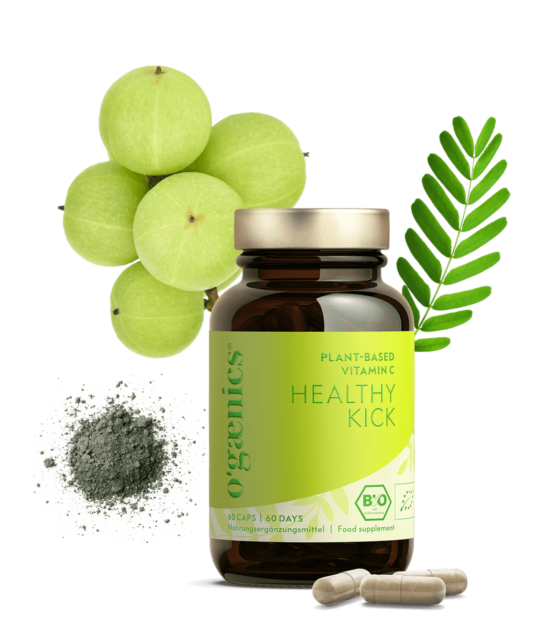
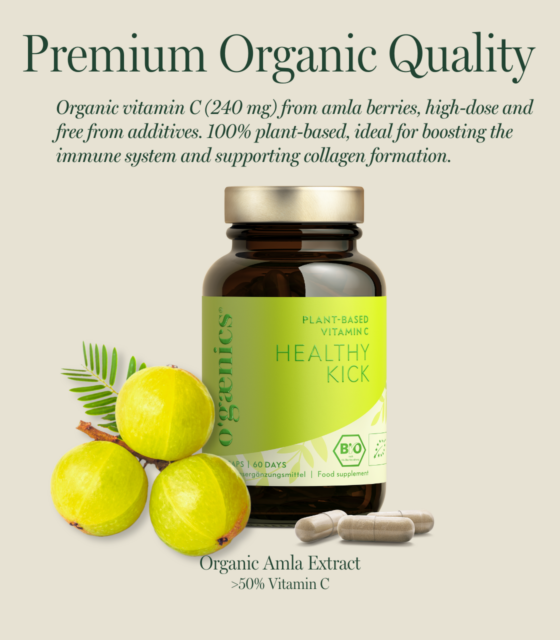
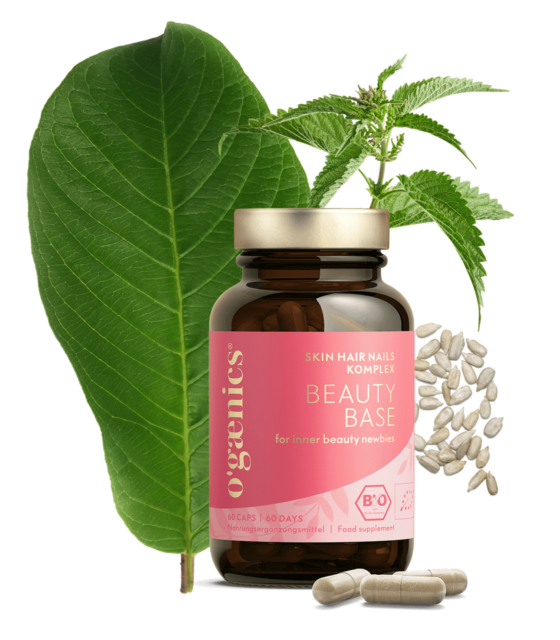
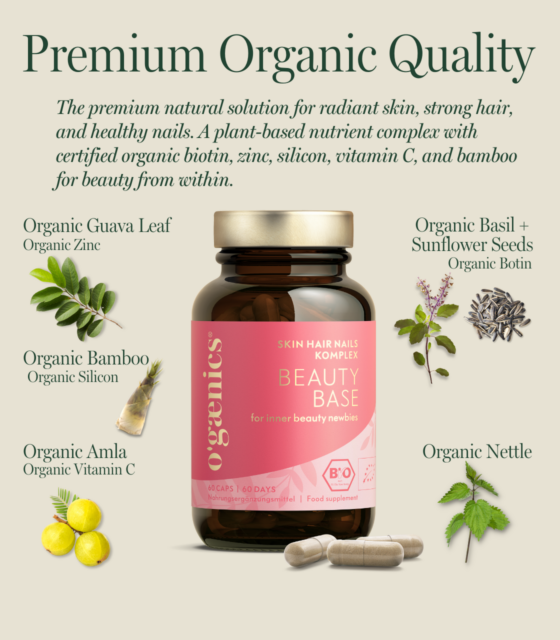
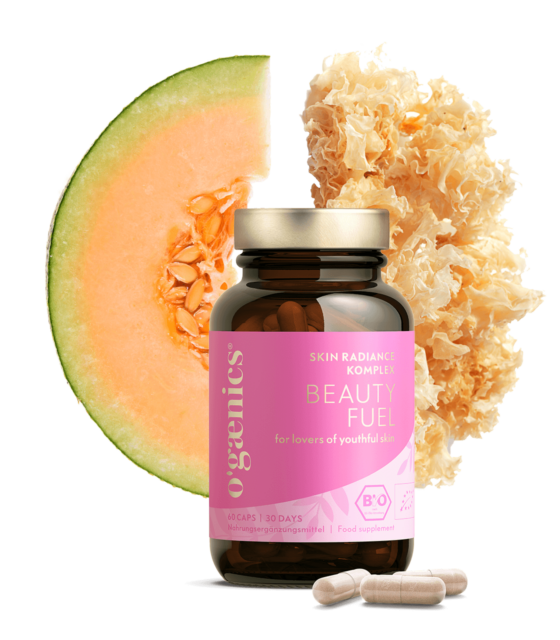

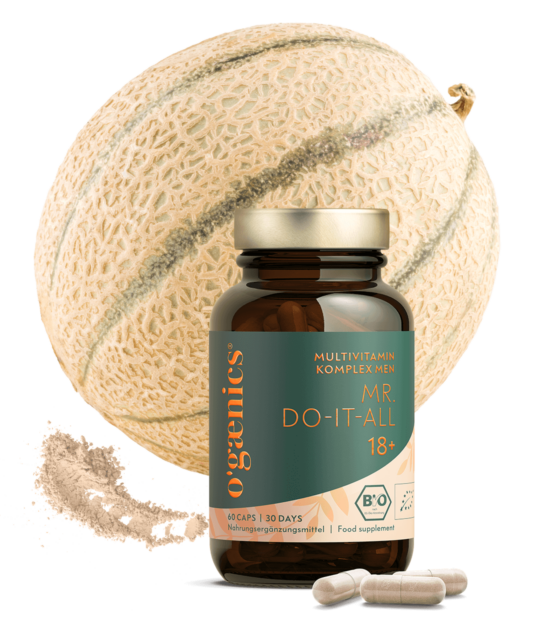



 No products in the cart.
No products in the cart.